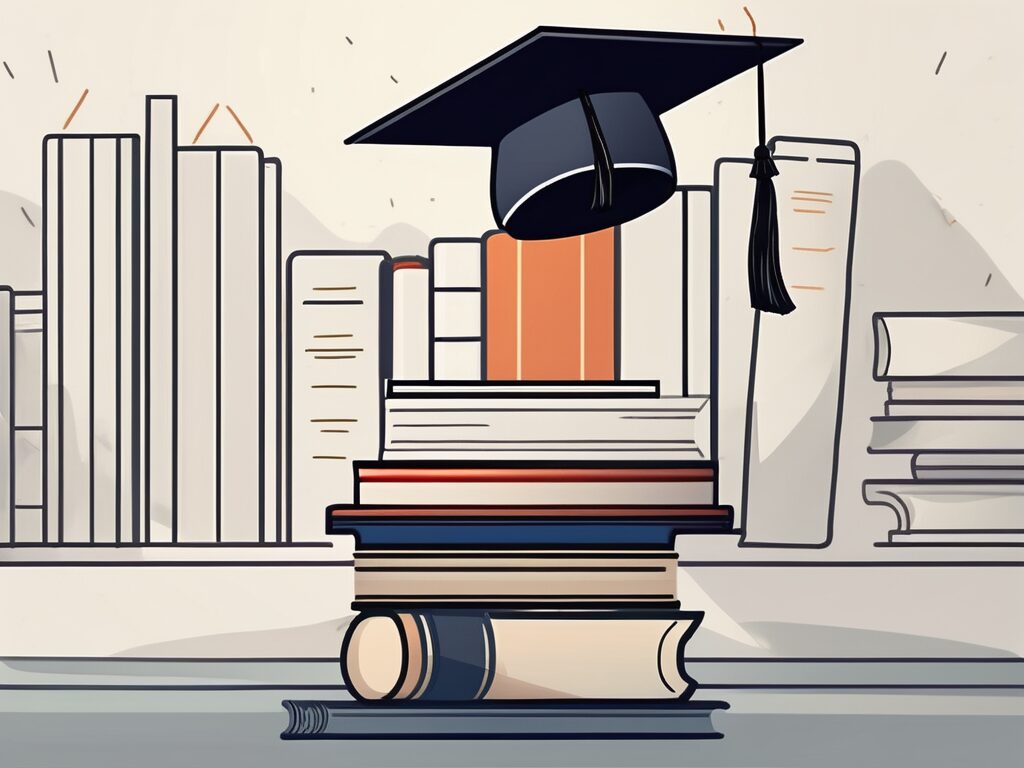Thailand, known as the land of smiles, is a beautiful country with a rich cultural heritage. However, for teachers with a Master’s in Education, it can present a unique set of challenges. From language barriers to cultural differences, these obstacles can make teaching in Thailand a daunting experience. In this blog post, we will delve into the four key obstacles that teachers with a Master’s in Education may face in Thailand.
1. Language Barrier
The first and perhaps most obvious obstacle is the language barrier. While English is taught in Thai schools, it is not the primary language. This can make communication with students, parents, and even colleagues difficult for teachers who are not fluent in Thai.
Moreover, the Thai language is tonal, meaning that the meaning of a word can change depending on the tone in which it is spoken. This can make learning Thai particularly challenging for native English speakers, who are not used to this aspect of language.
Overcoming the Language Barrier
Despite the difficulties, there are ways to overcome the language barrier. One of the most effective ways is to take Thai language classes. This not only helps with communication, but also shows a willingness to integrate into the Thai culture, which can be greatly appreciated by the local community.
Another strategy is to use visual aids and gestures in the classroom. This can help to bridge the language gap and make lessons more engaging for students.
2. Cultural Differences
Another significant obstacle is the cultural differences between Thailand and Western countries. Thai culture places a great emphasis on respect and hierarchy, which can be quite different from the more egalitarian cultures of the West.
For example, in Thai schools, it is customary for students to wai (bow) to their teachers. This is a sign of respect and is expected of all students. Teachers who are not familiar with this custom may find it strange or uncomfortable at first.
Understanding Thai Culture
Understanding and respecting Thai culture is crucial for teachers in Thailand. This means learning about Thai customs, traditions, and etiquette. For example, it is considered disrespectful to touch someone’s head in Thailand, as the head is considered the most sacred part of the body.
By learning about Thai culture, teachers can avoid cultural misunderstandings and build stronger relationships with their students and colleagues.
3. Teaching Style
The teaching style in Thailand is often quite different from that in Western countries. Thai education tends to be more teacher-centred, with a focus on rote memorisation rather than critical thinking.
This can be a challenge for teachers with a Master’s in Education, who are often trained in more student-centred teaching methods. They may find it difficult to adapt their teaching style to fit the Thai education system.
Adapting Your Teaching Style
While it can be challenging, it is possible to adapt your teaching style to fit the Thai education system. One strategy is to incorporate more interactive activities into your lessons. This can help to engage students and make learning more enjoyable for them.
Another strategy is to use real-world examples to illustrate concepts. This can help students to understand the practical applications of what they are learning, which can make the material more interesting and relevant to them.
4. Visa and Work Permit Issues
Finally, visa and work permit issues can be a major obstacle for teachers in Thailand. Obtaining a work permit in Thailand can be a complex and time-consuming process, and there are strict penalties for working without a permit.
Furthermore, the requirements for obtaining a work permit can be quite strict. For example, teachers must have a degree in education or a teaching certificate, and they must also pass a criminal background check.
Navigating Visa and Work Permit Issues
Despite the challenges, there are resources available to help teachers navigate the visa and work permit process. Many schools offer assistance with this process, and there are also agencies that specialise in helping foreign teachers obtain work permits.
It is also important to be aware of the requirements and to start the process as early as possible. This can help to avoid any delays or complications that could interfere with your ability to work in Thailand.
In conclusion, while teaching in Thailand can present some unique challenges, it can also be a rewarding and enriching experience. By understanding and overcoming these obstacles, teachers with a Master’s in Education can thrive in the Thai education system and make a positive impact on their students’ lives.
Enhance Your Teaching Career in Thailand with iQTS
Overcoming the obstacles of teaching in Thailand is just the beginning. If you’re ready to make your next step and elevate your teaching career, The IQTS at UWE offers the International Qualified Teacher Status (iQTS) Programme tailored for educators like you. With our programme, you can boost your interview callbacks, increase your chances of promotion, enhance your salary, connect with a global professional community, and gain a deep understanding of international curricula. Join a network of successful educators who are 65% more adaptable in global education systems. Make Your Next Step and start your journey with iQTS today.

